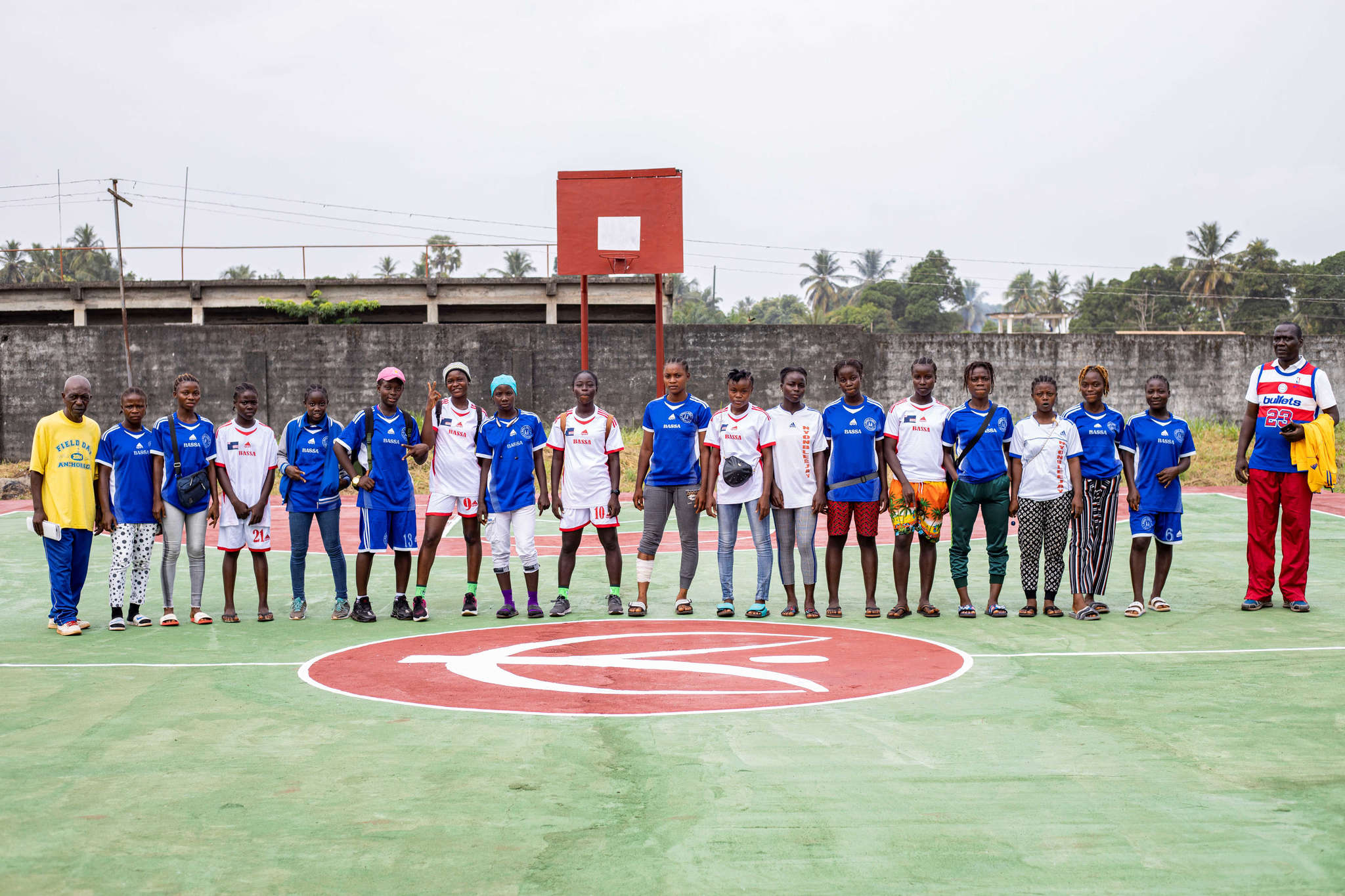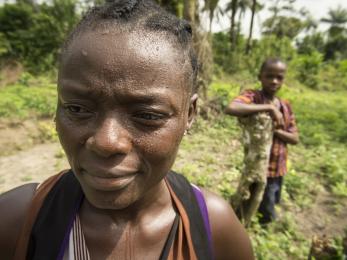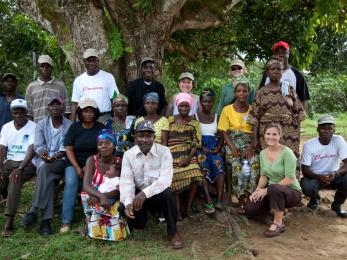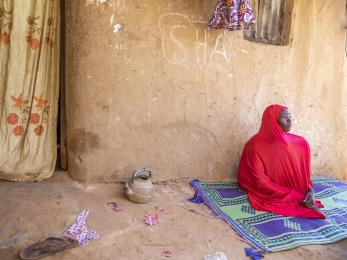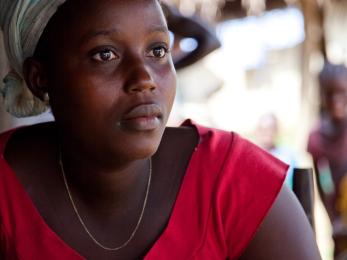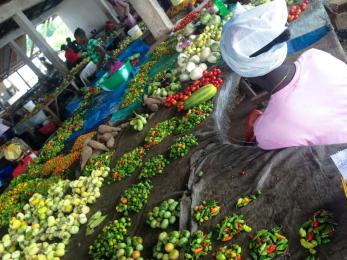Breadcrumb
Liberia
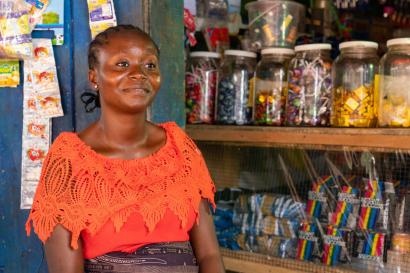
Since 2002, Mercy Corps has partnered with Liberian communities, initially supporting recovery efforts following years of civil war and the devastating Ebola crisis, and now working towards building more sustainable resilience and economic growth. In 2023, our programmes reached more than 58,000 people across the country.
The context
Following the end of a civil war in 2003, Liberia grappled with recovery in the aftermath of the 14-year long conflict that destroyed much of the country’s infrastructure, health services, and education system. Just over a decade later, the worst Ebola outbreak in history arrived, killing more than 4,800 people, devastating the lives of thousands more, and wreaking havoc on the country’s economy. Liberia has a population of approximately 5.5 million people and more than 2 million still live below the poverty line.
In 2020, Liberia was ranked at 175 out of 190 countries for ease of doing business by the World Bank, illustrating the challenges for private sector growth and job creation. Formal employment constitutes just 20% of the labour force in Liberia (with the rate just 10% for youth and women), with subsistence agriculture and informal services as the main source of employment. Workers spend a significant portion of their income on housing, transportation, and food, having little ability to save or to access formal financial systems.
Liberia is one of the most urbanised countries in West Africa, roughly half of the population lives in urban areas. This is partly the legacy of the civil war when cities were comparatively safe and attracted Liberians from other parts of the country. It is also indicative of a lack of economic opportunities in rural areas. Still, the industrial sector is small and opportunities in the urban economy are few. Despite an abundance of land and favourable climate conditions for agriculture, Liberia imports more than 80% of staple food crops. There is limited growth within agricultural markets, and up to 50% of households are either food insecure or vulnerable to food insecurity.
Our impact
Mercy Corps works alongside Liberians to build pathways toward more stability in order to cope more effectively with crises, recover quicker, and create more sustainable solutions in the face of future challenges. Through our programme activities we are making an impact across four key areas:
Fostering economic opportunities
Mercy Corps helps young Liberians build the confidence, skills, and opportunities to succeed as employees or entrepreneurs. We connect them to formal opportunities in the workforce or to small business development support. By collaborating with private companies, we help facilitate services for entrepreneurs including finance, business development training, business incubation, and more while leaning towards digitisation and technology to achieve scale and sustainability. We also build partnerships that identify and nurture talent in the nascent tech entrepreneurship space, including in solar technology. Through increased economic opportunities, Liberian youth are helping to build a more stable future for themselves and generations to come.
Strengthening food security
Mercy Corps is the foremost partner in working with communities to provide sustainable school meal programs in Liberia. Our programs provide nutritious daily meals to children at government-supported schools by serving locally-sourced ingredients through collaborating with farmers and private companies. By working with the Liberian government, other organizations, and private companies, Mercy Corps is serving 135,000 children with daily school meals. Through our programs, we are supporting a more sustainable future for school meal programs in Liberia and increasing access to nutritious food.
Promoting peace and good governance
By engaging with local partners and fostering strong collaboration with public, private, and governmental sectors, Mercy Corps is working to support Liberia’s development priority for a peaceful, equal, and transparent society. Mercy Corps focuses much of this work on women, youth, and the most marginalised, ensuring they are able to engage in democratic processes.
Increasing access to clean water and sanitation services
Mercy Corps aims to increase equitable and sustained access to clean water in Liberia. By supporting local systems to manage their water resources, Mercy Corps is helping to ensure that all communities will have access to safe water and sanitation services.
